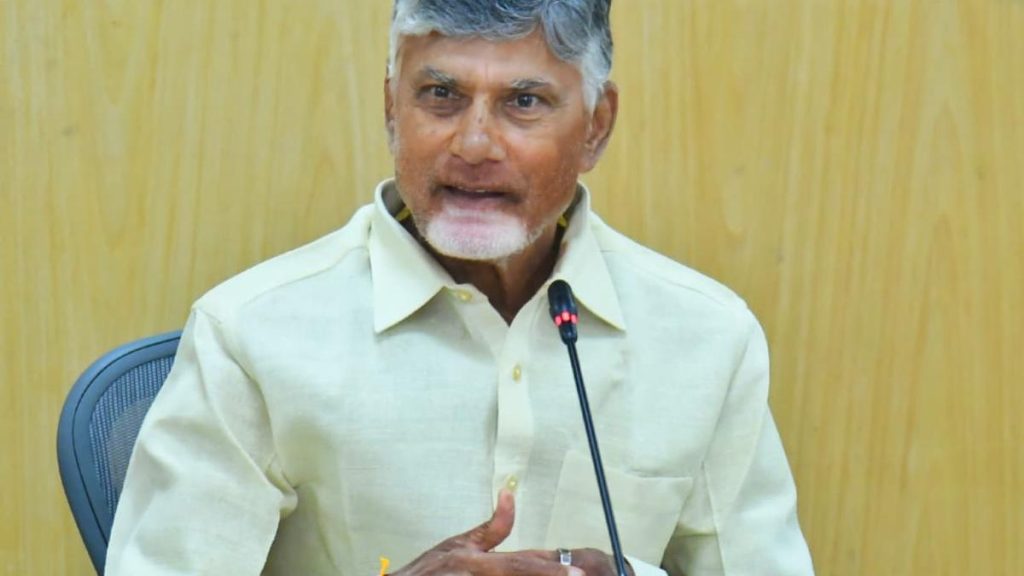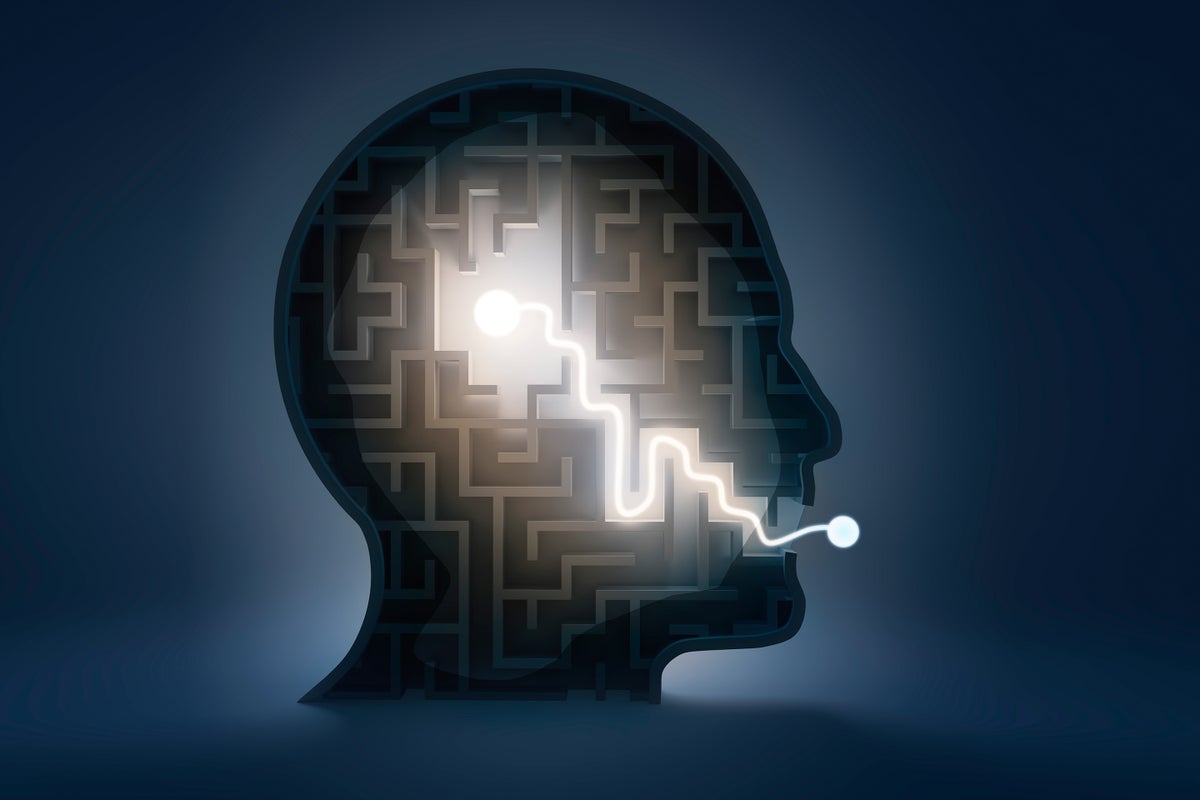Now Reading: Risks of Relying on AI for Therapy Explored
-
01
Risks of Relying on AI for Therapy Explored
Risks of Relying on AI for Therapy Explored

Rapid Summary:
- AI chatbots like OpenAI’s ChatGPT are increasingly being used for mental health guidance, even though they were not designed for this purpose.
- In July, OpenAI CEO Sam Altman cautioned users against treating ChatGPT as a therapist due to privacy risks and inappropriate use cases.
- The American Psychological Association (APA) has raised concerns about deceptive practices by some chatbot companies marketing themselves as mental health providers without proper regulation.
- Licensed psychologist C. Vaile Wright highlighted risks such as unvalidated reinforcement of harmful thoughts by chatbots and the lack of confidentiality protections compared to licensed therapists governed by laws like HIPAA in the U.S.
- Vulnerable populations, including children and emotionally isolated individuals, may be more at risk from chatbot misuse due to their trust in such tools.
- Challenges behind this trend include a shortage of human therapists and limited access to affordable mental health care services.
- Proposals for safer chatbot design include federal legislation requiring greater clarity,regulating advertising claims,protecting user data privacy,and preventing misrepresentation of psychological services.
- Wright noted positive potential use cases for idealized AI tools like helping manage panic attacks or practicing social skills but emphasized that these must be rigorously tested with safeguards in place.
Indian Opinion Analysis:
The increasing reliance on unregulated AI-based chatbots poses crucial questions about their role in addressing global gaps in access to mental health care-a challenge shared by India’s healthcare system. While such technology may present opportunities-such as catering to underserved regions or offering immediate support during emergencies-it also carries significant risks related to user vulnerability and data security that remain largely unchecked under current frameworks globally and domestically.
India’s burgeoning tech ecosystem may find opportunities here; however, regulatory measures tailored specifically toward psychological services offered digitally must remain a priority before deployment widely scales up within the country’s diverse socio-cultural landscape.Importantly, the lessons from international debates stress that safety protocols-not just technological innovation-must drive solutions forward if india aims to blend digital aid into its attempts at bridging extensive demand-supply gaps in therapy services safely.


























